However, there also needs to be plans to assign the right people with the right capacity when in the near future, the pressure on the grassroots apparatus is quite large when a commune/ward may have to handle more than 400 administrative procedures, equivalent to the workload of the previous district level.
On the afternoon of July 8, the Hanoi People's Council discussed in groups the key tasks of socio -economic development, security, national defense, and budget revenue and expenditure for the last 6 months of 2025 of Hanoi and some important thematic contents presented at the meeting. Discussing in groups, many secretaries of new communes and wards in Hanoi shared information after a week of operating the 2-level local government model...
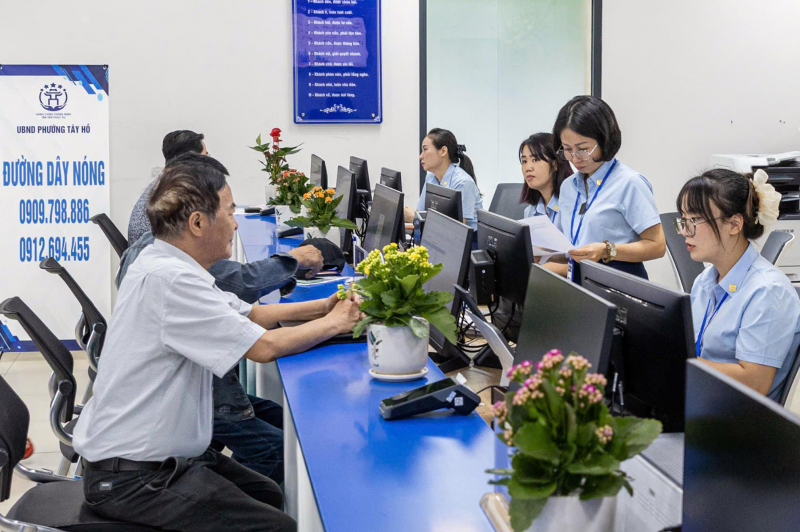
According to delegate Nguyen Ngoc Viet, Secretary of the Dong Da Ward Party Committee, with experience working in both models - three-level local government and now two-level, he personally sees this transformation as a very fundamental change. With the two-level model, the commune and ward governments become governments that act, create and are directly responsible. Mr. Viet said that the working atmosphere at the grassroots level has been very different: "More proactive, more direct, the re-establishment of the ward People's Council has also gone smoothly thanks to timely direction from the Central and the Hanoi Party Committee, creating a legal basis for the grassroots government to organize meetings, allocate budgets and carry out socio-economic tasks". Besides the advantages, Mr. Viet also frankly mentioned some difficulties arising from practice. Notably, the problem of shortage of specialized human resources when the district has to divide the focal points and distribute them to many wards.
“A specialized department such as finance - planning, economy - infrastructure... now has to support 5-7 wards, so the force certainly cannot be evenly distributed. Many ward officials who were formerly commune chairmen and vice chairmen are now assigned to work as specialists but do not have in-depth expertise in specific fields such as finance, investment, planning, site clearance...,” said the Secretary of the Dong Da Ward Party Committee. Mr. Viet proposed that the city and departments and branches soon organize specialized training for grassroots staff, and at the same time have specific instructions on how to coordinate between specialized departments and wards to ensure smooth operation of the new model. Commenting that the government apparatus under the new model operates smoothly, but Secretary of the Tien Thang Commune Party Committee Hoang Anh Tuan was also frank, there are still a number of issues that need to be further addressed. Mr. Tuan said that the current apparatus framework has a combination of district and county officials participating in leadership and management in the new communes and wards and on-site officials of the commune.
“The staff that has been reinforced from districts and towns have more expertise, qualifications and a more systematic working style, but they have not had many opportunities to directly interact with the people. Meanwhile, commune-level staff used to stay close to the grassroots, handling daily work directly related to the people, from administration to life, culture and society,” Mr. Tuan analyzed and said that this difference creates a certain gap in the way work is handled. District-level staff may be good at their expertise, but lack experience in handling situations close to the people; while commune-level staff, although close to the people, are limited in their qualifications and general skills. “Therefore, improving the professional qualifications, management skills, and administrative communication skills of commune/ward officials is an urgent requirement today. There also needs to be a clear mechanism for selecting and appointing key officials at the grassroots level, such as village chiefs or village party cell secretaries. We must select people who are capable, qualified, and knowledgeable about the area...”, Mr. Tuan emphasized.
Mr. Tuan also worries that in the near future, a commune or ward may have to handle more than 400 administrative procedures, equivalent to the workload of the previous district level. Thus, the pressure on the grassroots apparatus is very large. Therefore, it is necessary to clearly assign authority, the right person, the right job, and decentralization must go hand in with responsibility and resources. It is necessary to carefully review which procedures the commune or ward is qualified to implement, then boldly assign them, and which are not qualified, then still delegate authority with a roadmap, to avoid overloading and congestion for the grassroots. According to Mr. Tuan, the handover of projects and works from the district level to the commune or ward for implementation has been carried out very promptly and effectively. However, he suggested that the city speed up the decentralization of revenue management, especially land use fee collection.
“If communes/wards are assigned to proactively organize land auctions, this will be a great driving force to increase revenue and investment for development. Only then will the locality have more resources to invest in infrastructure, urban beautification, and directly serve the people,” said Mr. Tuan. This delegate also suggested that the city soon concretize 28 decrees of the Government related to the two-level government apparatus. These are very important regulations, related to all areas, especially organization, payroll, finance, public investment, etc. The locality hopes to soon have specific instructions, suitable to the reality of each district, commune, and ward for synchronous and effective implementation.
Source: https://cand.com.vn/Xa-hoi/chu-dong-gan-dan-chiu-trach-nhiem-truc-tiep-i774126/


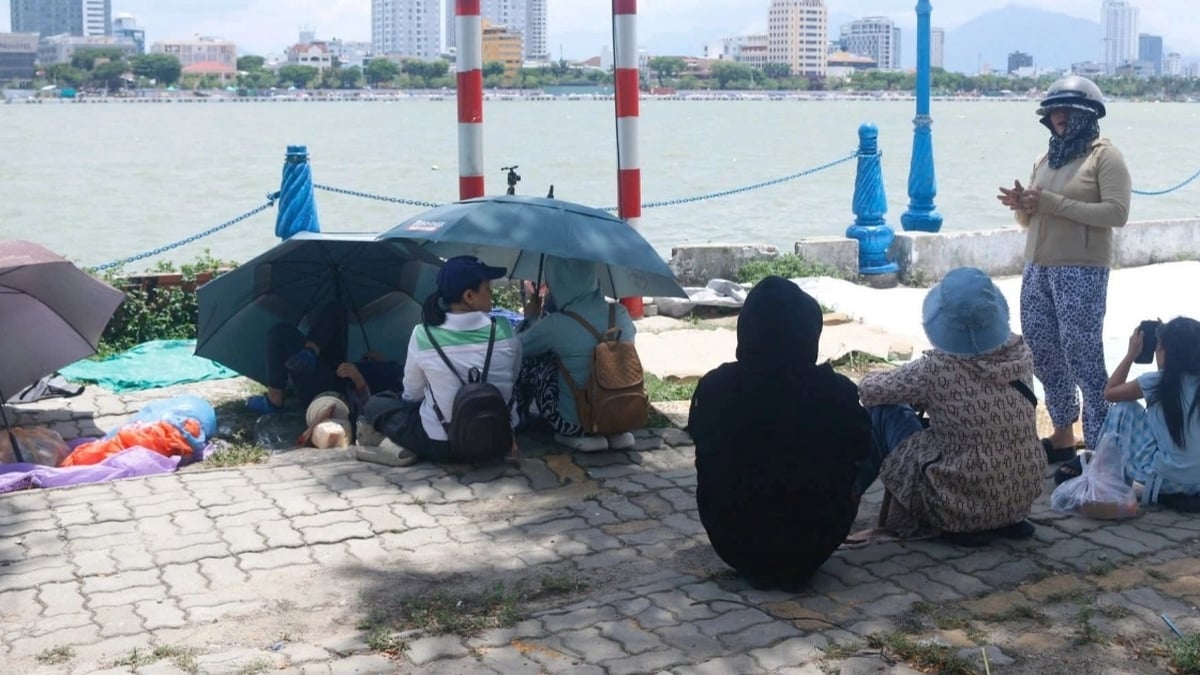

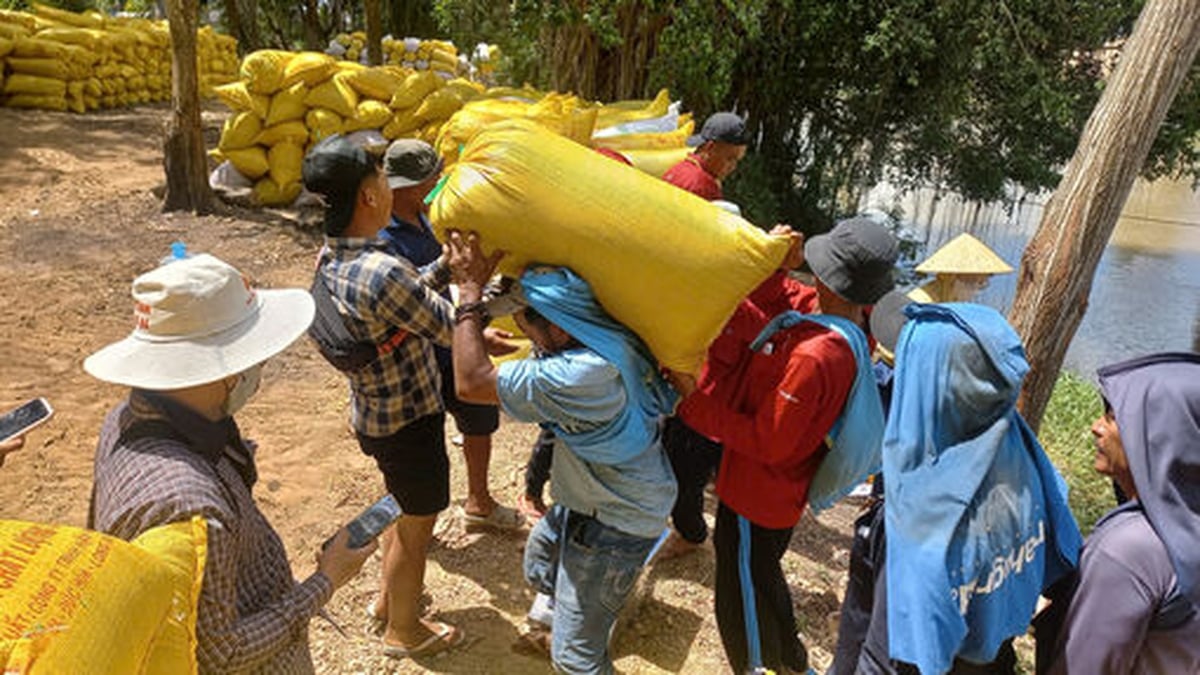
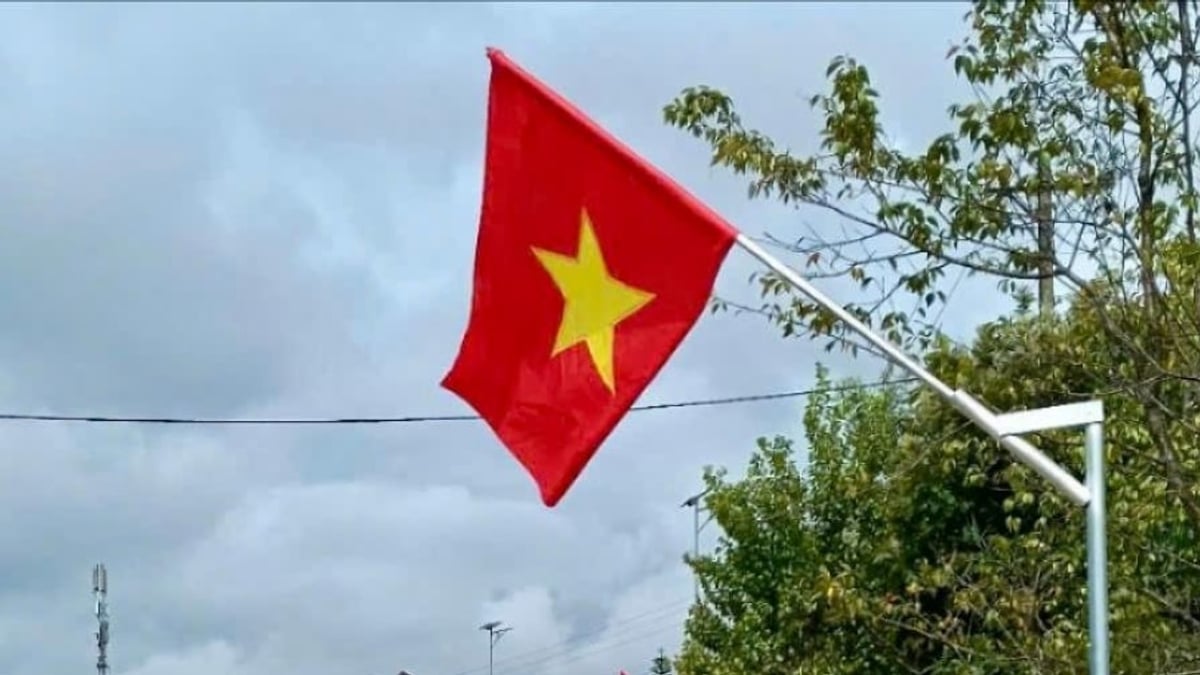
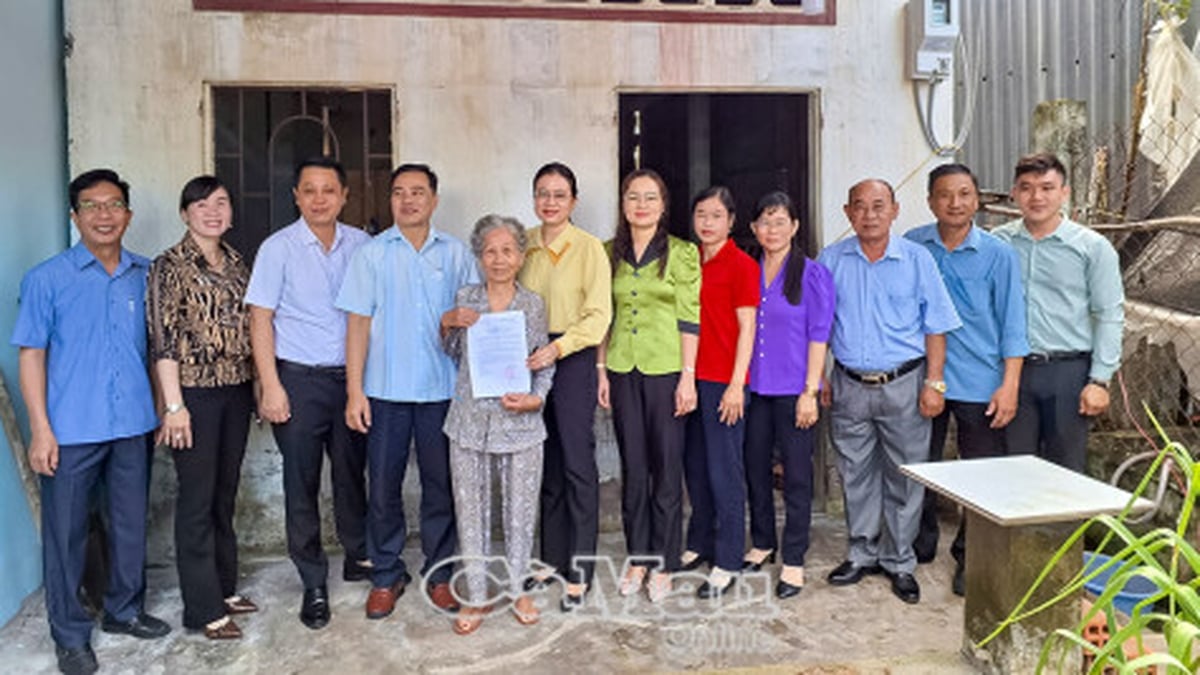
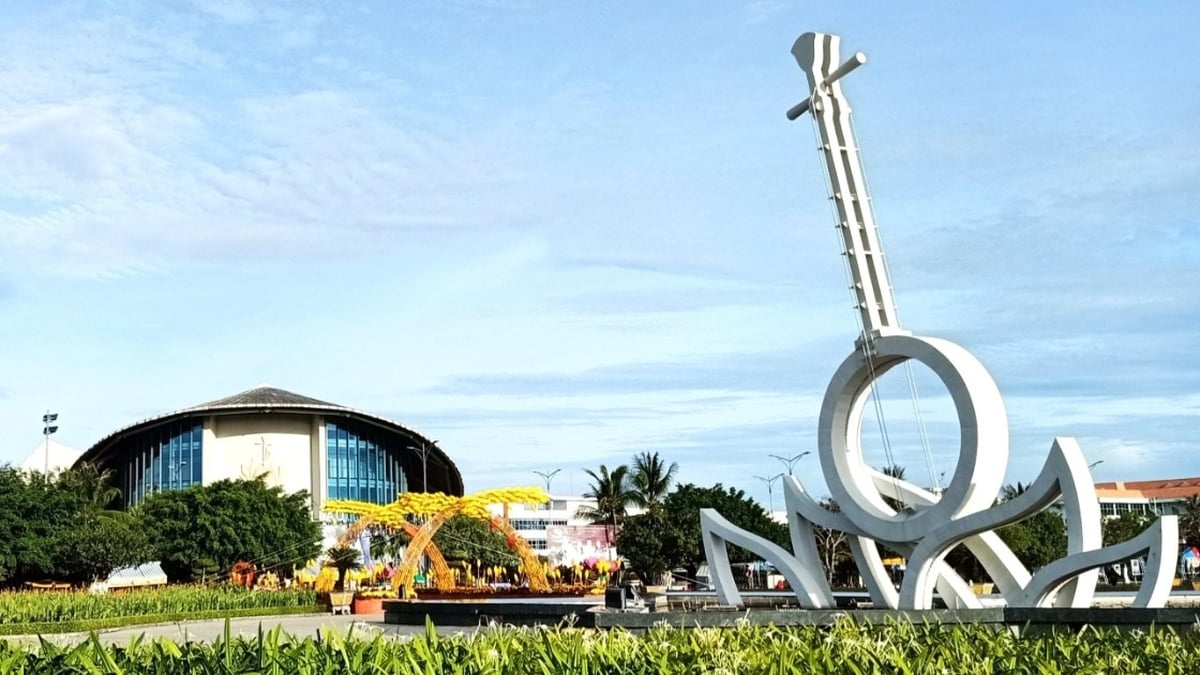


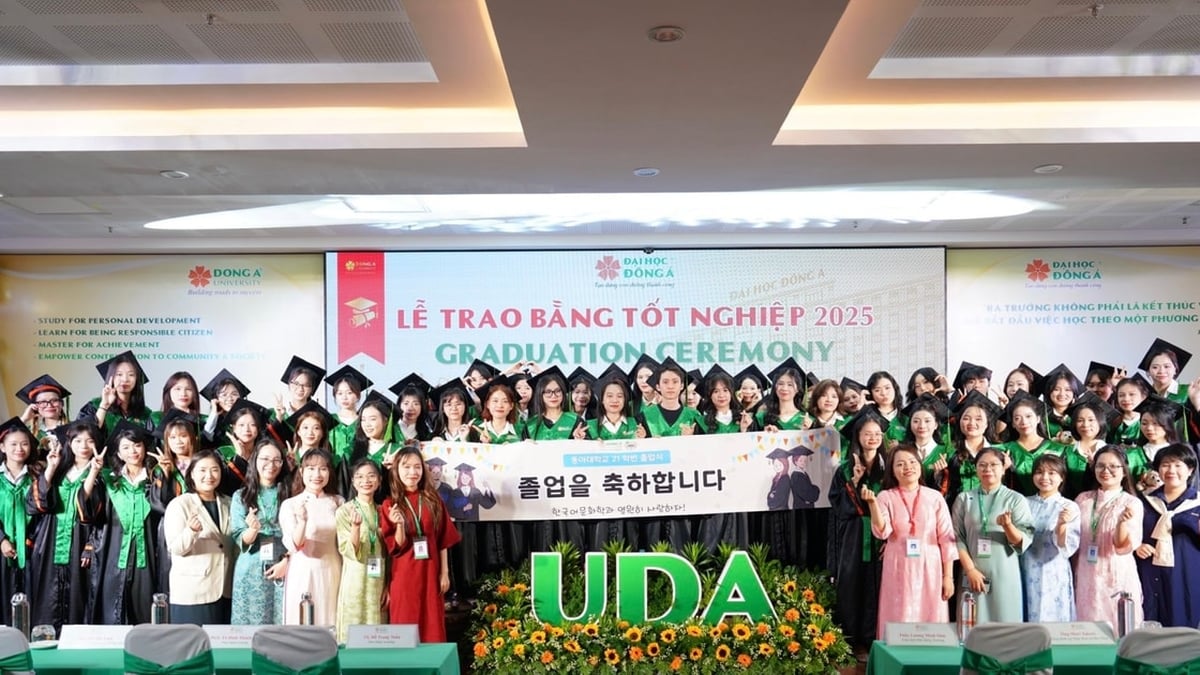


















![[Photo] Gia Lai provincial leaders offer flowers at Uncle Ho's Monument with the ethnic groups of the Central Highlands](https://vphoto.vietnam.vn/thumb/1200x675/vietnam/resource/IMAGE/2025/7/9/196438801da24b3cb6158d0501984818)












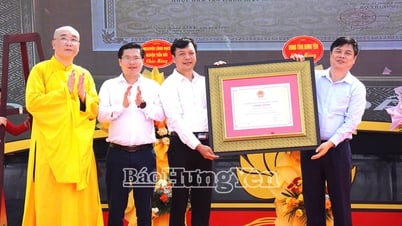



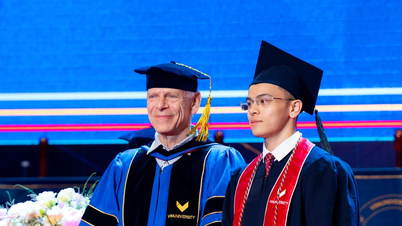


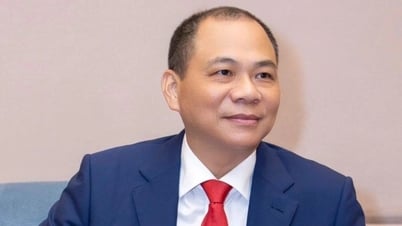

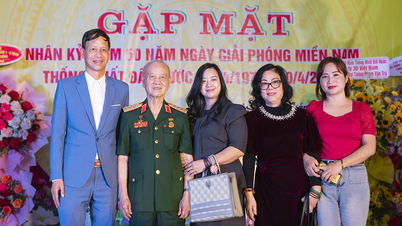

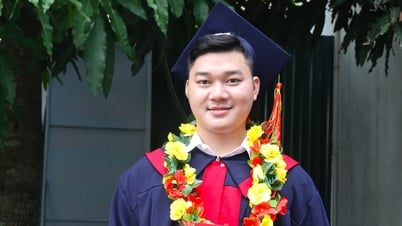









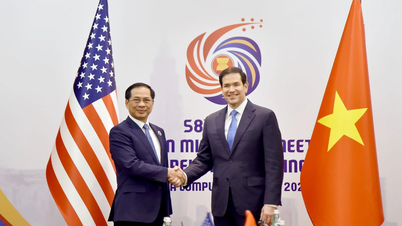
![[Infographic] Parade program to celebrate the 80th anniversary of August Revolution and National Day September 2](https://vphoto.vietnam.vn/thumb/402x226/vietnam/resource/IMAGE/2025/7/12/3bf801e3380e4011b7b2c9d52b238297)

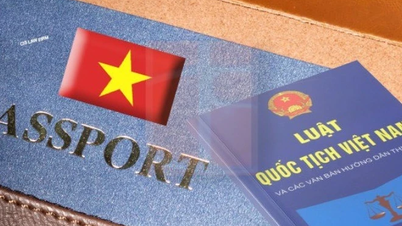
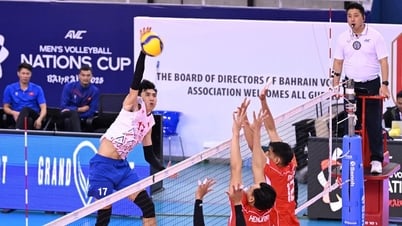




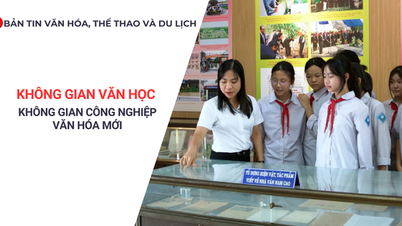

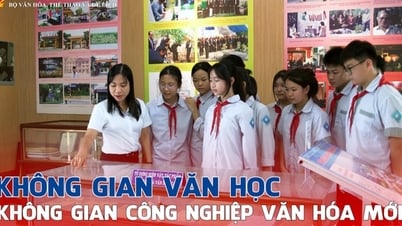
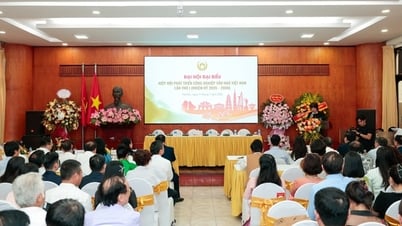
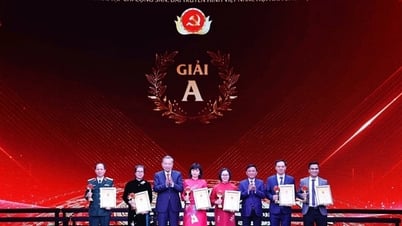
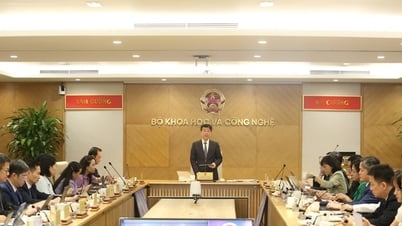

















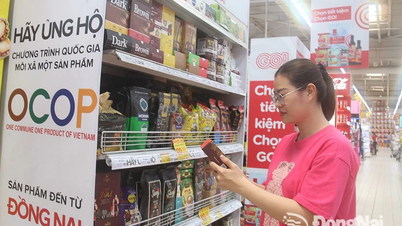






Comment (0)